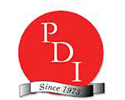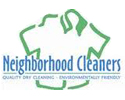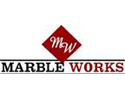You use it to wash your dishes, to cook, and most importantly to stay hydrated. It is no secret that it’s important to know the water you use every day in your home is safe. The best way to determine your water quality is to have the water directly from your home tested off-site by a professional. Each home’s water source and connecting pipes may come in contact with different contaminants. However, as a start, it is a good idea to check EWG’s Tap Water Database to see possible contaminants found in your water source. Health departments should also have a list of the state-certified laboratories in your area that test for a variety of Water Quality Indicators (WQIs) and contaminants.
Is My Water Safe?
When testing, there are many harmful contaminants that can be found. Some increase the chances of cancer, some cause diarrhea and sickness, and some can affect neurological function. If you have a strange taste or smell to your water, this may be the first sign it is not safe. Common examples of this are sulfur and chlorine. Even if your senses don’t suspect anything of your water, there are many other contaminants that go unnoticed yet are still harmful. There are too many to cover every contaminant individually, but there are a few categories you should be aware of. Is My Water Safe?
Bacteria and viruses: According to the CDC, the top five most common causes of outbreaks in public water systems are all either bacteria or a virus. A UV light or UV disinfection system can kill most of these organisms.
Byproducts: These include pesticides, fertilizers, and pharmaceuticals. These are more common in homes get their water from wells or springs.
Metals and Minerals: Lead, copper, iron, radon, arsenic, uranium, to name a few. Acidic water can corrode plumbing metals inputting contaminants in your water.
Though contaminants come in many different forms, fortunately, there are viable solutions for each. If you have concerns about your water contact Metro Water Filtration today!
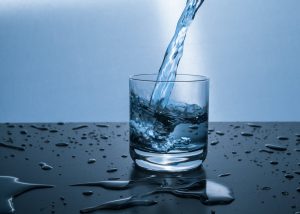
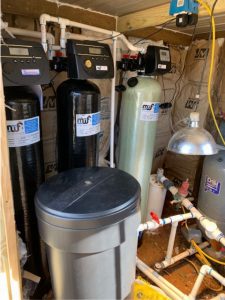 A recent install for a client in Monroe. The well water had several ‘flags’ including Low PH, Manganese, Iron, as well as high levels of Hardness Minerals. What’s New at Metro Water Filtration? We installed the
A recent install for a client in Monroe. The well water had several ‘flags’ including Low PH, Manganese, Iron, as well as high levels of Hardness Minerals. What’s New at Metro Water Filtration? We installed the 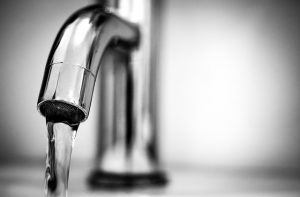 Behind oxygen, water is the most essential need for humans. We drink it every day and often without much thought. Many people have never considered the quality of their water to be a concern. If it’s clear and tastes okay, its fine. However, the eyes and tongue don’t catch everything. Why Should I Filter My Water? Research has shown that tap water can carry hundreds of different contaminants, often at unnoticeable levels. While drinking a glass of water contaminated at this level won’t harm you, over a lifetime, these contaminants can cause damage to your body.
Behind oxygen, water is the most essential need for humans. We drink it every day and often without much thought. Many people have never considered the quality of their water to be a concern. If it’s clear and tastes okay, its fine. However, the eyes and tongue don’t catch everything. Why Should I Filter My Water? Research has shown that tap water can carry hundreds of different contaminants, often at unnoticeable levels. While drinking a glass of water contaminated at this level won’t harm you, over a lifetime, these contaminants can cause damage to your body.

